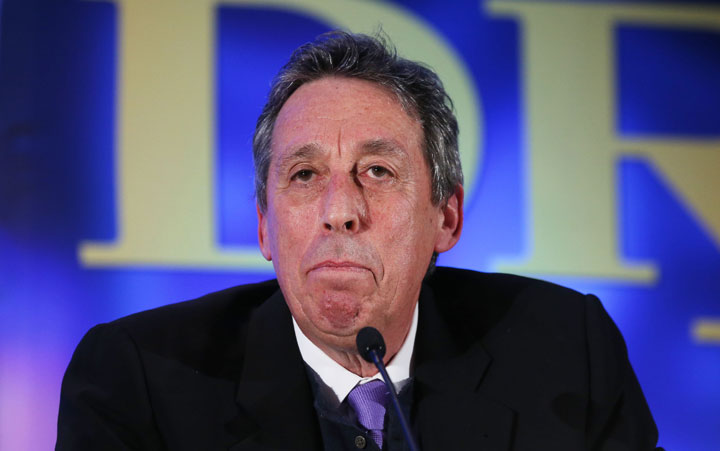TORONTO — Canadian filmmaker Ivan Reitman said it was during a live comedy show in Toronto that he fully realized the brilliance of Harold Ramis.

Ramis died early Monday from complications of autoimmune inflammatory vasculitis, a rare disease affecting blood vessels. He was 69.
He and Reitman — who described Ramis as “the brother I never had” — made five movies together, including Ghostbusters, Animal House and Stripes.
On Monday, Reitman recalled what happened after a National Lampoon show — with a cast that included Ramis, John Belushi and Bill Murray — at a Toronto bar in the early ’70s when the audience for the first of two shows didn’t leave.
“We’re all backstage and wondering what we were going to do because there’s really only one show we had prepared,” Reitman told Maurie Sherman of The Roz & Mocha Show on KiSS 92.5.
“It was Ramis who stood up and said, ‘You know, we should just do the show but let’s just change every punchline.’ Belushi said, ‘Yeah, good idea.
“That was the end of the conversation,” recalled Reitman. “There was this unwritten, unstated thing and they could just feel each other. It was really one of the most extraordinary, brilliant comedy displays I had ever witnessed. Harold was at the forefront of that.”
Reitman said he last saw Ramis about six months ago and was supposed to visit him in Chicago in December.
“Two days before I was to go, his wife called me and said it might be better that I didn’t come,” he said, “and that’s when I realized that instead of getting better he had a relapse. That was a very sad moment.”
Reitman declined to comment on how Ramis’ death will affect plans for a third Ghostbusters movie.
Reitman remembered Ramis as “extraordinarily generous to me and, really, to hundreds of people that he worked with.”
He acknowledged Ramis — as a writer and director — inspired many of today’s comedy filmmakers.
“I wish they did it as well as he did it,” he said.
“He really represented the comedy voice of his generation, the baby boom generation that sort of needed their own comic voice. There’s just something in his own ability to sort of capture the combination of goofiness and cynicism and soft political viewpoint that epitomized this very large and important generation.”


Comments